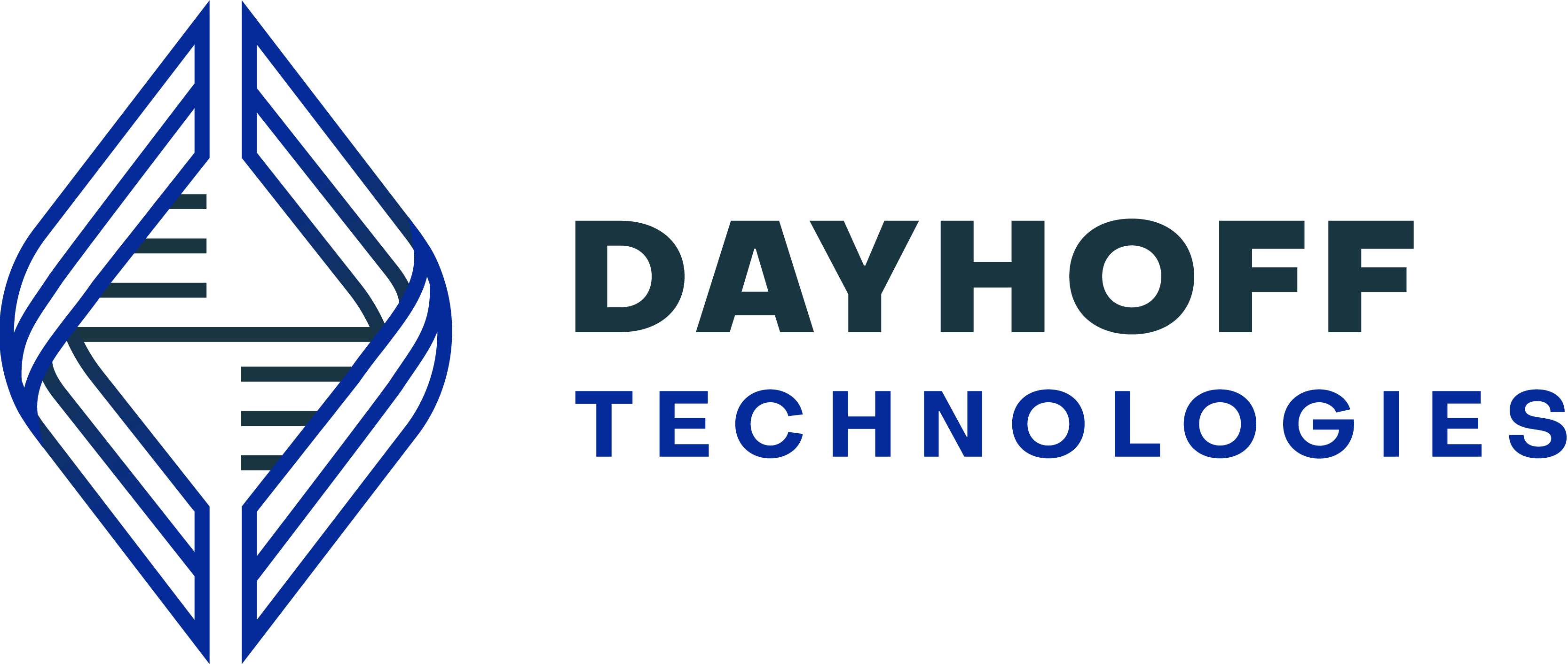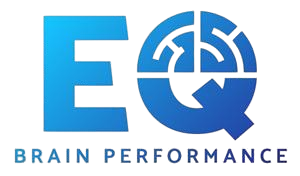Ship Production-Ready Software 3x Faster for 70% Less
AI-powered development team delivers enterprise-grade solutions in weeks, not months. Fixed monthly rate. No surprises.
Trusted by Leading Companies






















Your Roadmap Is Stuck.
Your Competitors Aren't Waiting.
Every month you spend planning is a month they spend shipping.
Development Takes Forever
Traditional dev shops promise 3 months, deliver in 9. Meanwhile, your market window closes and competitors capture the opportunity you identified first.
Costs Spiral Out of Control
$200K+ to build an in-house team. $15K+/month for agencies that nickel-and-dime every change. Your burn rate accelerates while progress crawls.
Over-Promise, Under-Deliver
Flashy pitches turn into missed deadlines. "Agile sprints" become endless meetings. You're paying for process theater, not progress.
Locked Into Long Contracts
12-month minimums. Steep exit penalties. You're trapped even when it's clear they can't deliver. Your flexibility dies with your budget.
We Fix This. Permanently.
AI-powered development that delivers on all four fronts: speed, cost, quality, and transparency.
3x Faster Delivery
AI-enhanced workflows eliminate 60% of repetitive coding. No bureaucracy, no endless meetings. Just senior developers shipping production-ready code daily.
- ✓ Weekly sprint cycles, not monthly
- ✓ AI-accelerated code generation
- ✓ Zero bureaucratic overhead
70% Cost Savings
$4K/month per developer vs $200K+ for in-house teams. Fixed pricing means no surprise invoices, no scope creep fees.
- ✓ Fixed monthly rate
- ✓ No hidden fees or charges
- ✓ Includes PM, design, DevOps
AI That Actually Works
Not just using AI—building WITH it. We implement AI features that solve real business problems, from automation to analytics.
- ✓ Custom AI workflows
- ✓ Intelligent automation
- ✓ Data-driven insights
Complete Transparency
Real-time progress tracking. Weekly demos. Direct founder access. You always know exactly where your project stands.
- ✓ Weekly progress updates
- ✓ Direct team communication
- ✓ Cancel or pause anytime
Real Impact. Real Numbers.
50+ projects delivered on time and under budget. Here's what we've built for companies like yours.
Bridges Health
Digitizing clinical workflows for nationwide deployment
Challenge
National occupational health provider needed to digitize clinical workflows, patient intake, and scheduling.
Solution
Modular platform with streamlined intake, automated scheduling, and scalable program delivery.
Dayhoff Technologies
High-performance bioinformatics data platform
Challenge
Massive data storage costs and slow processing for genomic analysis.
Solution
Secure platform with advanced compression and GPU-accelerated compute benchmarking.
Investipal
AI-powered platform for financial advisors
Challenge
Financial advisors needed to streamline client onboarding, portfolio management, and compliance processes to focus on client relationships.
Solution
AI-driven platform that automates client onboarding, generates personalized proposals and compliance documents, and enables multi-asset portfolio management.
From Call to Code in 48 Hours
No lengthy RFPs. No complex contracts. Just fast, straightforward, high-quality execution.
Discovery Call
30-minute call to understand your product vision, technical requirements, and timeline goals. We'll identify quick wins and potential challenges upfront.
Rapid Proposal
Within 24 hours, receive a detailed scope, architecture plan, team structure, and fixed-price quote. No surprises, no hidden fees.
Kickoff & Sprint
Team spins up immediately. First working features delivered within one week. Daily updates keep you in the loop without meeting overload.
Continuous Delivery
Weekly deployments, iterative feedback, and transparent progress tracking. MVP typically ships in 3-6 weeks, not 3-6 months.
Fixed Price. No Surprises.
One monthly rate covers everything: development, design, PM, DevOps, and infrastructure.
Full-Stack Development Team
Included
- ✓ Senior full-stack developers
- ✓ Product management & strategy
- ✓ UI/UX design & prototyping
- ✓ DevOps & infrastructure setup
- ✓ Code reviews & quality assurance
- ✓ Weekly progress demos
- ✓ Direct founder access
- ✓ Cancel or pause anytime
Production-ready code in weeks, not months. Our AI-enhanced team delivers enterprise-grade solutions at a fraction of traditional agency costs.
Limited to 5 clients per month
Why This Works
What You Get:
- ✓ No long-term contracts
- ✓ All-inclusive pricing
- ✓ AI-enhanced workflows
- ✓ Direct founder access
- ✓ Cancel or pause anytime
- ✓ No hidden fees or surprise charges
- ✓ 3x faster delivery with same quality
- ✓ No account managers or middlemen
Same quality, fraction of the cost. AI-enhanced workflows and lean operations mean you pay for results, not overhead or bloated teams.
Everything You Need to Know
Still have questions? Schedule a call and we'll answer them all.
How can you deliver 3x faster than traditional agencies?
We leverage AI to accelerate repetitive coding tasks by 60%, use battle-tested frameworks instead of reinventing the wheel, and eliminate bureaucratic overhead. Our senior developers spend time building, not in meetings. Plus, we've already solved most common architecture challenges dozens of times before.
What if I'm not satisfied with the work?
You can cancel or pause your subscription at any time—no questions asked, no penalties. We operate month-to-month because we're confident in delivering value. If we're not the right fit, you're free to walk away. We'd rather earn your business every month than trap you in a contract.
Do you work with early-stage startups?
Absolutely. Many of our clients are pre-seed to Series A startups racing to product-market fit. We understand tight budgets and aggressive timelines. Our clients have collectively raised $2M+ after launching products we've built. We move fast because your runway depends on it.
What technologies do you work with?
We specialize in modern web and mobile stacks: React, Next.js, React Native for frontends; Node.js, Python, Laravel for backends; PostgreSQL, Supabase for databases; AWS, Vercel, Azure for infrastructure. We also build custom AI features using GPT-4, Claude, and other LLM APIs. If your project requires something different, we'll assess feasibility during the discovery call.
How many developers will work on my project?
Typically 1-3 full-stack developers, depending on project complexity. You're not paying for a bloated team of specialists—our developers handle frontend, backend, database, and DevOps. A project manager and designer are included at no extra cost. Most MVPs need just one senior dev to start.
Will I own the code and intellectual property?
Yes, 100%. All code, designs, and assets belong to you from day one. We'll set up the repositories in your GitHub/GitLab account. If you decide to part ways, you'll have everything you need to continue development in-house or with another team.
How do you handle communication and updates?
We use Slack for daily communication (typically respond within 48 hours), Linear or Jira for task management, and Figma for design collaboration. Weekly demo calls keep you in the loop without meeting overload. You'll have direct access to your lead developer and can review progress in real-time via your project dashboard.
What happens after the MVP launches?
Most clients continue on a retainer for ongoing development, bug fixes, and feature additions. You can scale the team up or down month-to-month based on your needs. We also offer maintenance-only plans if you just need someone on standby. The choice is entirely yours—no lock-in, ever.
Ready to Ship 3x Faster?
Share your vision on a 30-minute call. Get a detailed proposal within 24 hours. Start building within 48 hours.